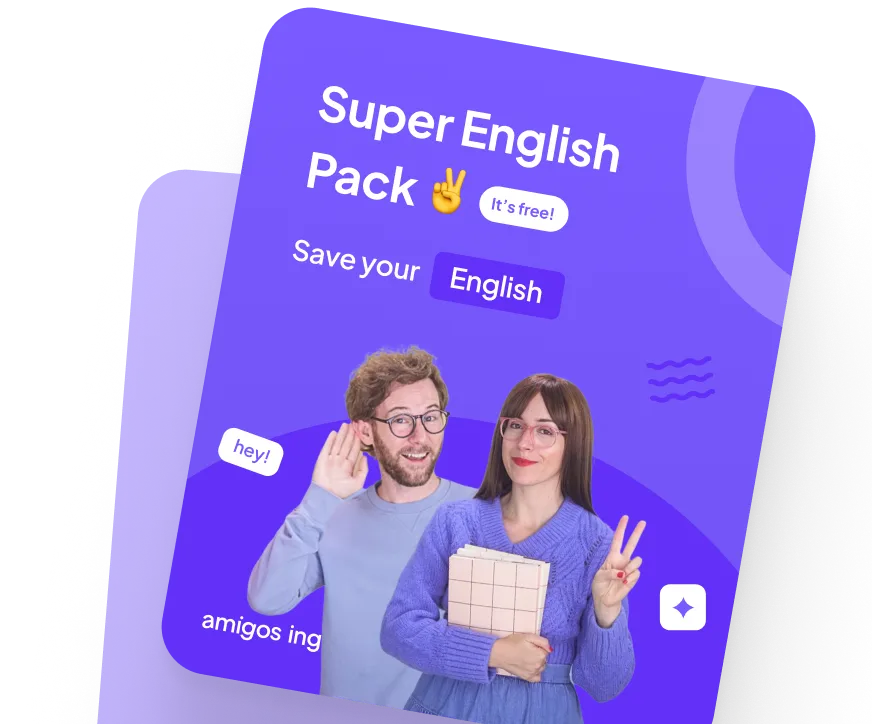¿Usar HAVE y HAVE GOT en inglés? Easy!

¡Pero bueno! ¿Aún sigues dudando sobre cómo usar have y have got en inglés? Son muchos los estudiantes que nos han pedido esta clase de inglés. Parece ser todo un misterio sin resolver, pero por suerte contamos con nuestro sabueso ‘inspector Bartlett’ que descifrará el enigma en un periquete.
Tener 👉 I have a cute dog. 🐩
Haber: se usa como verbo auxiliar para formar el present perfect y el past perfect. 👉 I have fed my cute dog.
¿Pero, cómo sabemos cuándo podemos o debemos usar have o have got en inglés?
Diferencias y matices que debes tener en cuenta:
Tiempos verbales
Have se puede usar en todos los tiempos verbales (pasado, presente y futuro).
Have got solo se usar en el tiempo presente.
I have got a similar pair of shoes.
Contracciones
Con have got puedes usar las contracciones.
I’ve got something to tell you.
Aquí puedes ver todas las formas de ‘have got’ con y sin contracciones.
.Nunca usamos contracciones con have cuando hablamos de posesión.
✓ I have a sister called Ami.
x I’ve a sister called Ami.
Uso
En inglés británico tenemos preferencia por have got.
Have you got more tea bags my darling?
En inglés americano se tiende más a usar have.
Do you have a terrace in your house?
Grado de formalidad
Aunque have got puede tener un matiz algo más informal, en inglés hablado se usan los dos por igual. Vas a escuchar usar utilizar have got a la primera ministra británica, al presentador del telediario en la BBC… Es muy común hoy en día en inglés hablado.
En inglés escrito, sin embargo, es preferible evitar el uso de have got y usar siempre have.
Mini tips for super-motivated students:
No se usa ‘have got’ en el pasado o futuro.
En frases negativas debes incluir el auxiliar si usas solo ‘have’:
Para respuestas cortas o tags no se puede usar ‘have got’.
Puedes ver más ejemplos en Cambridge Dictionary.
Ahora que hemos entrenado tu gramática, qué te parece si le sacamos un poco de brillo a tu pronunciación. Este vídeo es oro puro para mejorar tu speaking. Vente a ver nuestros 10 consejos para mejorar tu pronunciación. Es un antes y un después, un game changer. Psst…el número 8 te va a encantar.
Well done for coming to class! 🙂
Bye for now, my dear!
.svg)



Únete a más de 100.000 estudiantes en todo el mundo y gana más fluidez en solo 7 días, entrenando con el Super English Pack.


.svg)

Entrena tu comprensión oral con audios, diálogos, historias y conversaciones.
.webp)



Aprende a decir cientos de frases en inglés como un nativo! 💂🏻♀️🇬🇧
.svg)
.webp)


.png)





